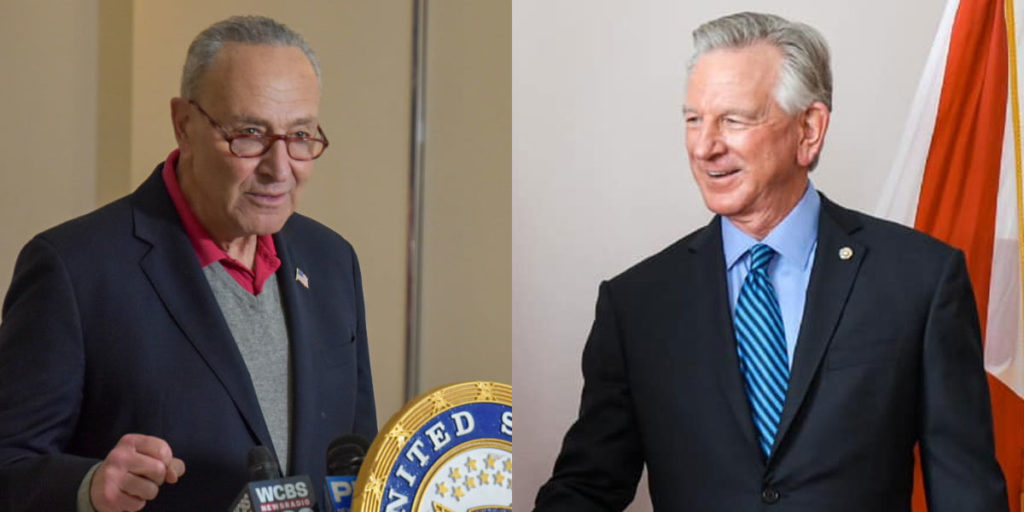
BIRMINGHAM, Ala. — A new study from the American Legislative Exchange Council (ALEC) reveals Alabamians seem to have embraced one of the tenets of their political beliefs: that generous giving can develop the social safety net currently provided by the government, but higher taxes can stifle that charity.
The report found that Alabamians are some of the most generous people in the nation. In fact, in terms of total giving in terms of Adjusted Gross Income, Alabamians are the fourth most giving.
ALEC found that the most generous states tend to have certain things in common. 5 of the top 10 are southern states, and nearly all of the top 10 lean conservative.
But the key, the study shows, is the level of taxation.
“While many factors certainly influence an individual’s choice about donating to charity, there are broad policy choices that can encourage higher rates of growth in charitable giving,” the study’s authors found. “By examining various tax burdens and tax rates with rigorous economic analysis, this paper’s research findings show that a 1 percent increase in the personal income tax burden is associated with 0.35 percent decrease in charitable giving per dollar of state income. Similarly, this State Factor found that an increase in personal income tax burden of roughly 1 percentage point of total state income results in a roughly 0.10 percentage point decrease in the level of measured charitable donations as a percent of income.”
Perhaps most shockingly, ALEC found that when all state taxes were considered, a 1 percentage point increase in the total tax burden is associated with a 1.16 percent drop in charitable giving per dollar of income.
Similarly, when taxes are decreased, charitable giving goes back up.
The report emphasizes that this information should inform policymakers when they consider raising or lowering taxes.
“The positive role and influence of charitable giving in addressing some of society’s most urgent needs is difficult to overstate. To that end, state policymakers should consider which policies are likely to help private charity to proliferate and which are likely to undermine it.”
According to the National Center for Charitable Statistics, there are currently 1,507,231 tax-exempt organizations operating in the United States. This includes a mixture of public charities, private foundations, non-profit organizations and others. Over the past 40 years, Americans have traditionally given about 2 percent of Gross Domestic Product (GDP) to charity.
Here are the top 10 states for charitable giving as a percentage of AGI for 2008-2012:
- Utah – 4.75%
- Wyoming – 4.53%
- Georgia – 2.94%
- Alabama – 2.90%
- Mississippi – 2.72%
- Oklahoma – 2.69%
- Idaho – 2.67
- South Carolina – 2.66%
- North Carolina – 2.54%
- Maryland – 2.53%
These are the bottom 10:
41. New Mexico – 1.70%
42. Hawaii – 1.66%
43. New Jersey 1.66%
44. Rhode Island – 1.50%
45. Vermont – 1.47%
46. Alaska – 1.46%
47. Maine – 1.37%
48. West Virginia – 1.34%
49. North Dakota – 1.29%
50. New Hampshire – 1.24%
STUDY: Alabamians give more to charity than those in almost any other state https://t.co/SwYGWNMv4T
— Elizabeth BeShears (@LizTBeShears) October 22, 2015












